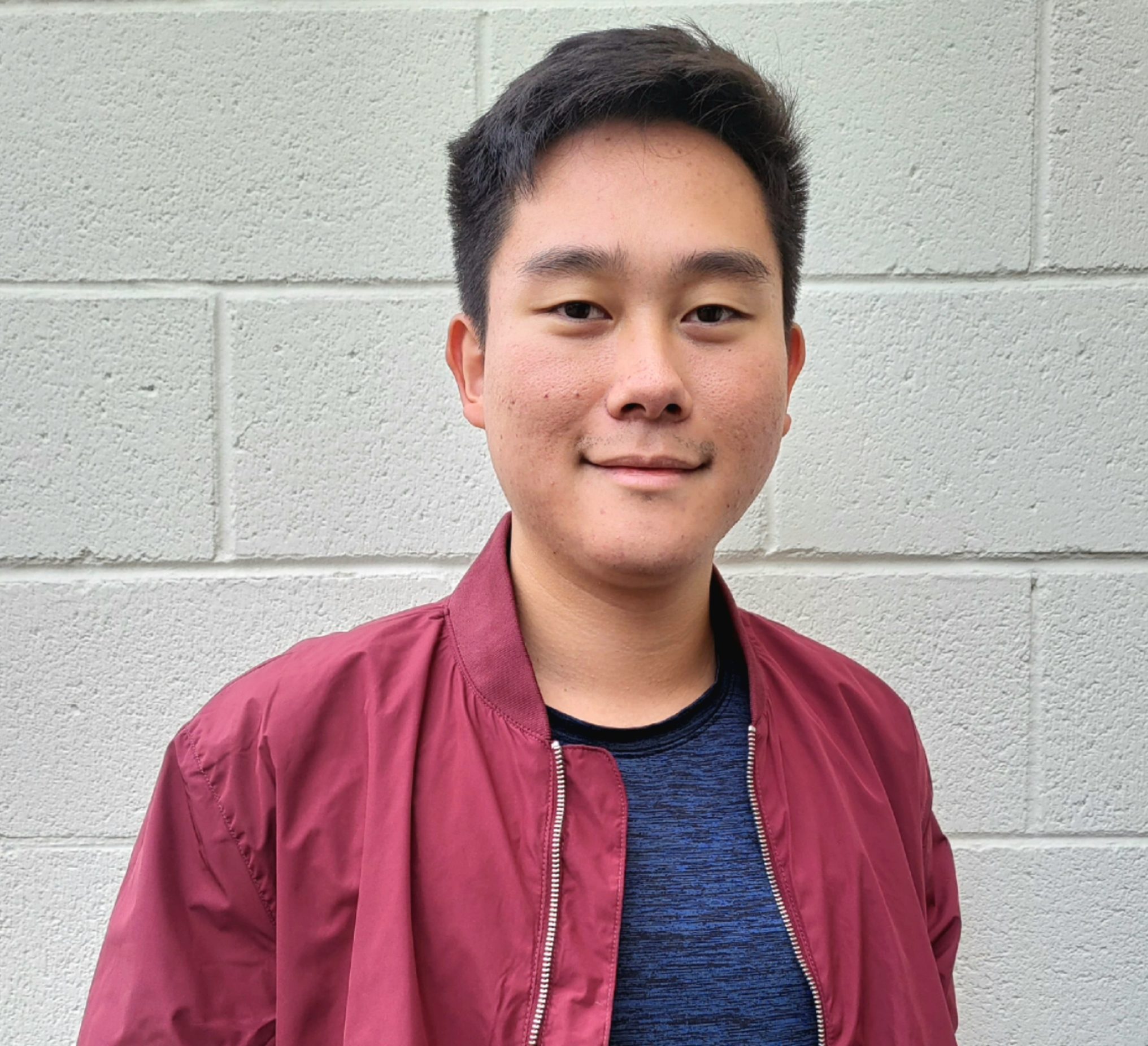Humans of Haas: Shu Kuboki
Shu Kuboki is a current junior studying Business Administration and attending the Haas School of Business at UC Berkeley. Born and raised in Fukushima, Japan, Shu first came to the United States in 2019 with little to no knowledge of how to speak English. Now, three years later, he is fluent and thriving. Last week, I had the pleasure of speaking with Shu about everything from his sense of humor to being an introvert. Below are a few excerpts from that conversation.

Why Haas? Why Berkeley?
“Student Always.” This is a principle I’ve held long before I came to Haas. I’m a very curious person; I love it when I learn something new. I wanted an education, so I aimed for what I thought was the best place to get it. Diversity is something I really value, and I wanted to surround myself with people from different backgrounds because that’s what makes communities unique. I visited Haas when I was in community college. I instantly knew this was the place to be. I couldn’t stop thinking about it. I came back and took a picture from one of the balconies at Chou Hall. It was a great view of the campus. I made that picture the wallpaper for my phone. So, every day when I opened my phone, I saw it. It gave me the motivation to work hard. Whenever I struggled, I looked at it and kept working. Now, here I am.
What is your favorite thing about Haas?
My Business Communications class with Professor Arturo-Reyez is my favorite class. He teaches me the practical and fundamental knowledge to thrive in the Business world. I like how the classes are set up. In my Marketing class, there are microphones in front of every seat, so I get the opportunity to not only learn from my professor, but also my fellow students. Haas has taught me to stay curious in the classroom. I learn so much from everyone around me, and for this I am grateful.
Plus, I really like that we have our own cafe, so I don’t have to be miserable waiting in the long lines at Golden Bear Cafe. The restrooms are way better than other buildings at UC Berkeley, too. I appreciate the way people treat the bathroom here. I think people should respect restrooms.
Do you consider yourself more of an introvert or an extrovert?
I’m definitely more of an introvert. To be blunt, I feel better when people are not around me. I do really enjoy spending time with my closest friends, but any gathering of four or more people is just exhausting.
You have to understand, I came to California in the summer of 2019, months before the pandemic began. I was doing fine for those months; I picked up English quickly and I was making friends. Then everything changed when COVID hit. School was online, life was online. It lasted more than two years. I think it was enough time for me to forget how to interact with other people. That was hard. I felt strange, I had feelings I’d never felt before. I think I was probably depressed. That made me even more introverted.
Fortunately, I eventually made close friends who helped me get better. I can’t appreciate them enough. I am very extroverted with them. At Haas though, I am still trying to adapt to an in-person environment. In some of my classes, I have to interact with other students in groups or discussion, and I feel very uncomfortable. Still, I tell myself it’s okay to feel what I feel. I try to accept it and socialize anyway. I’d like to think that if I keep challenging myself, things will get easier, and I’ll find a way to thrive. It’s just that this is a Business School, and people around me are so extroverted. It’s hard to keep up. Haas is my community too.
As an introvert, can you share something unique about you that people wouldn’t guess by looking at you? That you wouldn’t talk about?
Yeah. I wrote a script for a sitcom. I haven’t shown it to anyone yet. One of the first things I learned when I came to the US is that I love American humor. It’s very different from Japanese humor. I really like it. My favorite comedians are Larry Devid, Jerry Seinfeld, Conan O’Brien, and Norm Macdonald. Sometimes, I don’t understand the jokes because of the language barrier or cultural differences, but most of the time comedy transcends nationality. We laugh the same in every language.
Do you have any advice to give to other international students on overcoming language barriers and cultural differences?
Yes. Find some TV shows in English that you enjoy. For me, those were Curb Your Enthusiasm, The Office, and Seinfeld. Watching these really helped me develop my English skills. The more recently a show was produced, the better, especially for cultural differences. I definitely picked up a few expressions from Seinfeld that aren’t really used anymore, and that was a bit embarrassing. On some streaming services, like Netflix, you can even slow down the play speed so you can really listen to the words. My only other advice is to not take yourself too seriously. With good friends, don’t be afraid to ask what something means just because it might disrupt the flow of the conversation. In the end, the worst kind of judgment you’ll face will be your own. Berkeley is a big place with people from all over the world. Nobody expects you to show up as anyone but yourself and, believe it or not, people will like you for who you are.


